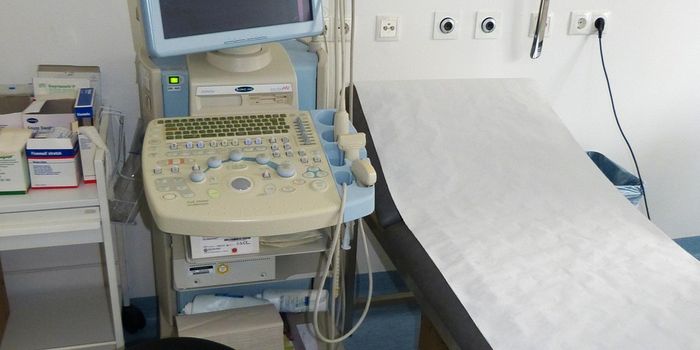Can Urine Help Detect Prostate Cancer?
It is estimated that over 250.000 men in the United States will receive prostate cancer diagnoses in 2022, accounting for almost 30% of the new cancer cases among males. The SEER (Surveillance, Epidemiology, and End Results) database classifies prostate cancer into three staging categories: localized, regional, and distant. Localized prostate cancer is contained within the prostate and has not spread beyond the primary organ. Regional prostate cancer has spread to other organs or lymph nodes near the prostate. Distant prostate cancer spreads from the prostate to distant organs such as the lungs or liver.
According to the American Cancer Society, while five-year survival for men diagnosed with distant prostate cancer has only about a 30%, men with localized or regional prostate cancer have over a 99% chance of five-year survival. Some good news is that localized and regional cases make up about 90% of prostate cancer diagnoses. These statistics support a research focus on developing early detection methods. Increasing the number of cases detected at an early stage where the cancer is more treatable could significantly impact prostate cancer survivorship.
One approach to increasing the early detection of prostate cancer has involved the investigation of urine biomarkers. A recent study published in European Urology Oncology has expanded on this approach by examining bacterial microbes in the urine. While the specific microbes isolated from the prostate tissue of prostate cancer patients are distinct for patients with different grades of cancer, this is the first study detecting microbes in the urine with a relatively simple, non-invasive urine test.
The researchers sought to characterize the urine microbiome of prostate cancer patients to determine if the presence of specific strains of bacteria held prognostic potential. Participants provided urine samples which the research team analyzed for the presence of microbes. The study demonstrated an association between bacteria in urine sediments and high-risk prostate cancer. Upon further characterization, the study identified four new bacterial species (named Porphyromonas, Varibaculum, Peptoniphilus, and Fenollaria). Three of these bacterial strains (Peptoniphilus, Porphytomonas, and Fenollaria) along with two others (Anaerococcus and Fusobacterium) were commonly found in the urine of patients with aggressive forms of prostate cancer. Notably, these five strains undergo anaerobic respiration, which means they can grow without oxygen.
While the study did not demonstrate any mechanistic links between bacteria and prostate cancer development or progression, it lays the groundwork for a novel approach for assessing prognostic factors for prostate cancer patients. Indeed, this work has provided a basis for developing further research that could significantly enhance patient care and disease management in the future. The study also indicates that specific strains of anaerobic bacteria have prognostic potential. Although the testing done in this study did not conclusively develop a diagnostic urine testing method, it provides a rationale for further study of the bacteria components of the urine, particularly in patients at high risk for prostate cancer. The study also indicates that bacteria could play a role in making some prostate cancers more aggressive than others.
Sources: CA, JCO Precis Oncol, Eur Urol Oncol, Carcinogenesis









